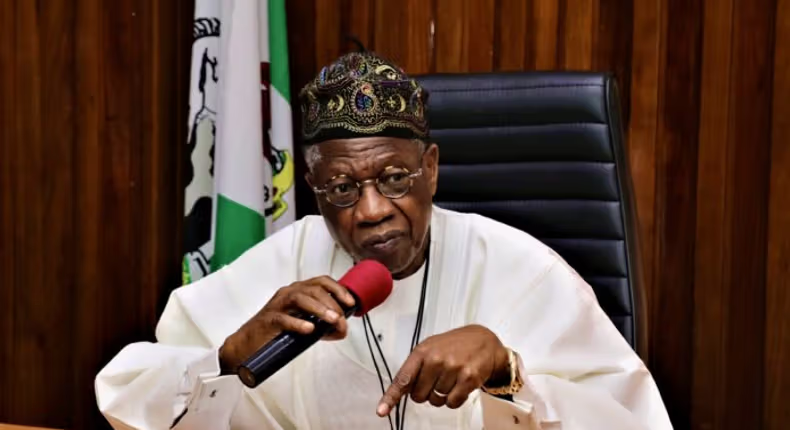Former Minister of Information and Culture, Alhaji Lai Mohammed, recently celebrated Nigeria’s creative industry as a pivotal sector driving economic growth and cultural influence on a global scale. Speaking at the “Giessen Meets The World” forum organized by the IHK Giessen-Friedberg Chambers of Commerce and Industry in Germany, Mohammed highlighted several key points:
1. **Significant Economic Contribution**: Mohammed emphasized that Nigeria’s creative industry spans across 24 different segments, including fashion, music, film, literature, and visual arts. This diverse sector not only contributes substantially to Nigeria’s Gross Domestic Product (GDP) but also serves as a major employer, being the country’s second-largest employer according to Jobberman.
2. **Job Creation and Economic Potential**: The creative industry in Nigeria has shown remarkable growth potential, with projections suggesting it could generate an additional 2.7 million jobs by 2025. Mohammed attributed this growth to the extensive value chain within the sector, encompassing production, distribution, and marketing.
3. **Global Reach and Digital Transformation**: Mohammed highlighted the transformative impact of digital platforms and streaming services on Nigeria’s creative output. He noted that these advancements have democratized content creation and distribution, making Nigerian films, music, fashion shows, and art exhibitions accessible to a global audience. This digital expansion has facilitated international collaborations and cross-cultural influences, elevating Nigeria’s cultural footprint globally.
4. **Cultural Diplomacy and Collaboration**: International collaborations in music, film productions, and fashion events were highlighted as crucial factors in enhancing Nigeria’s global cultural influence. Mohammed emphasized that these collaborations not only promote Nigeria’s cultural diversity but also strengthen its diplomatic relations on the global stage.
Overall, Mohammed’s remarks underscored the strategic importance of Nigeria’s creative industry in driving economic growth, fostering cultural exchange, and enhancing Nigeria’s global presence through creative excellence and innovation.
